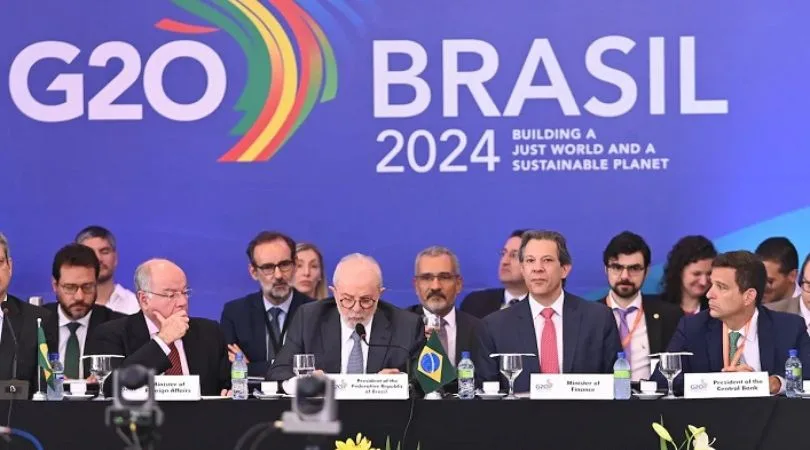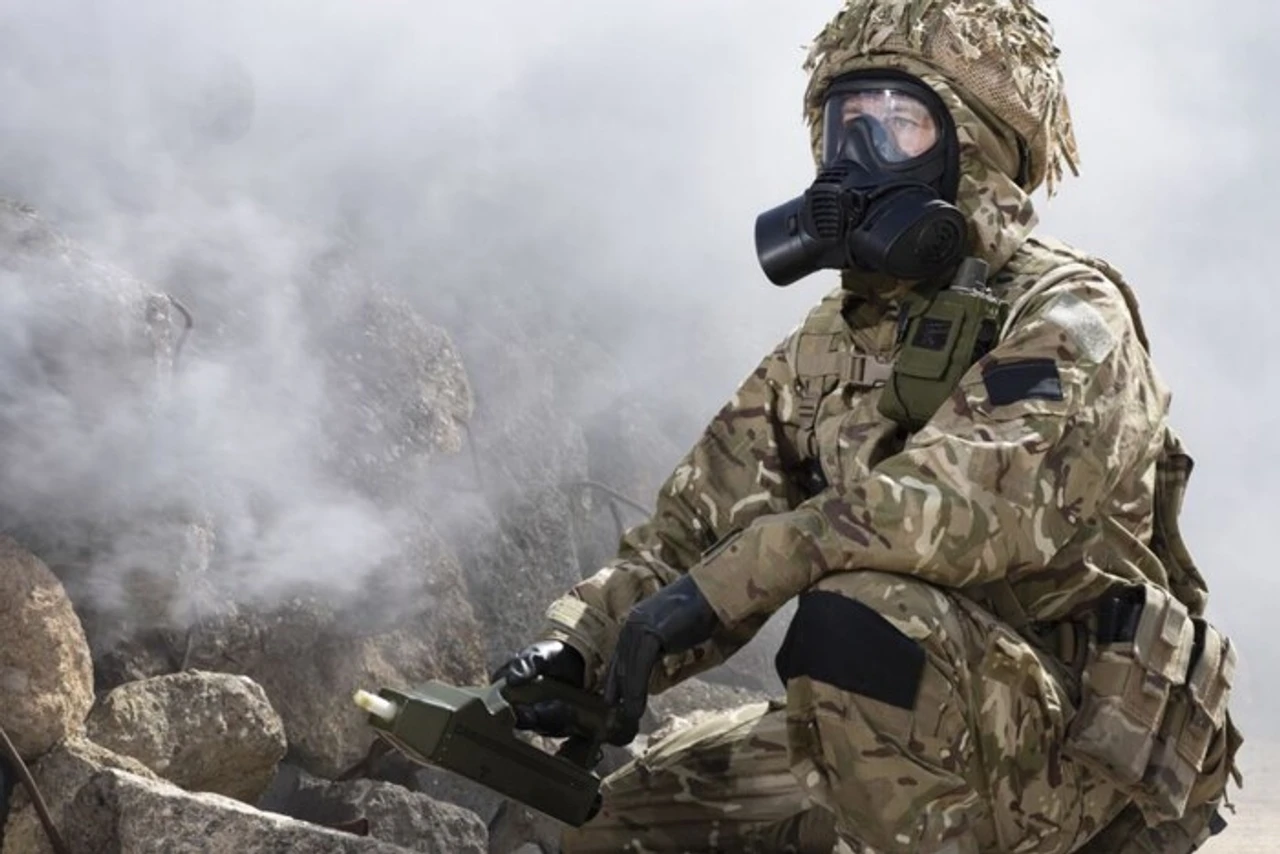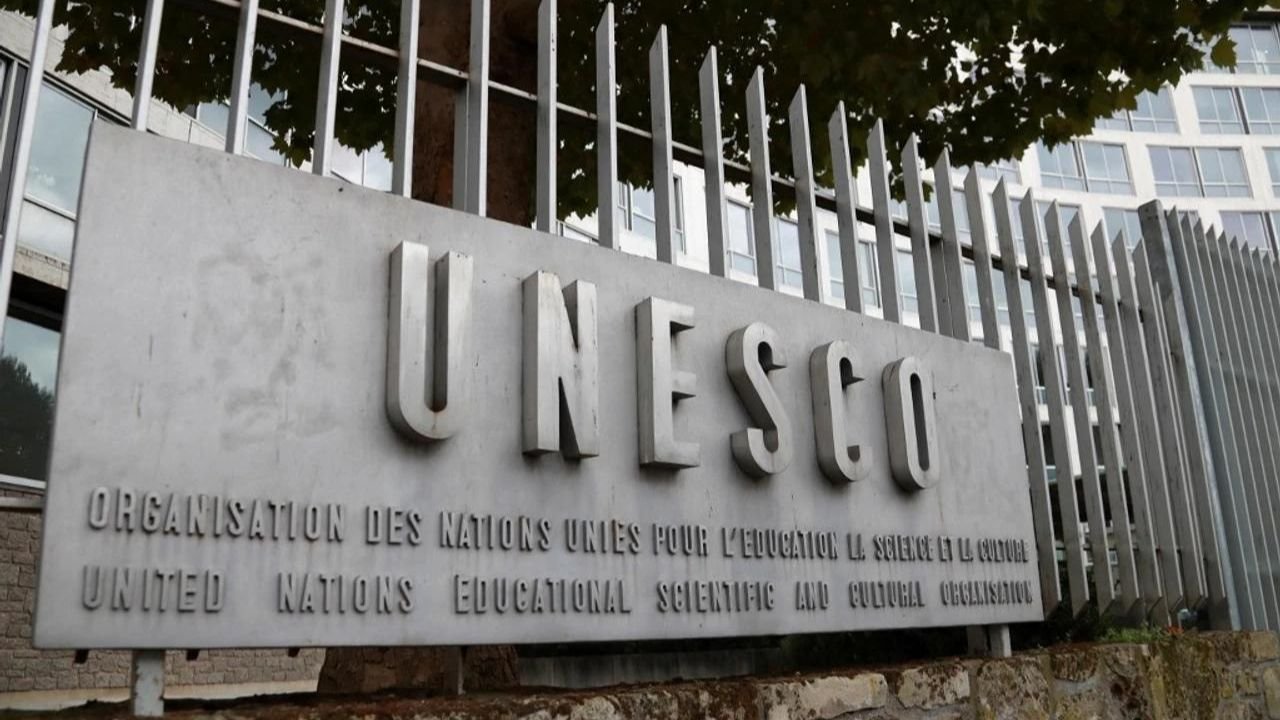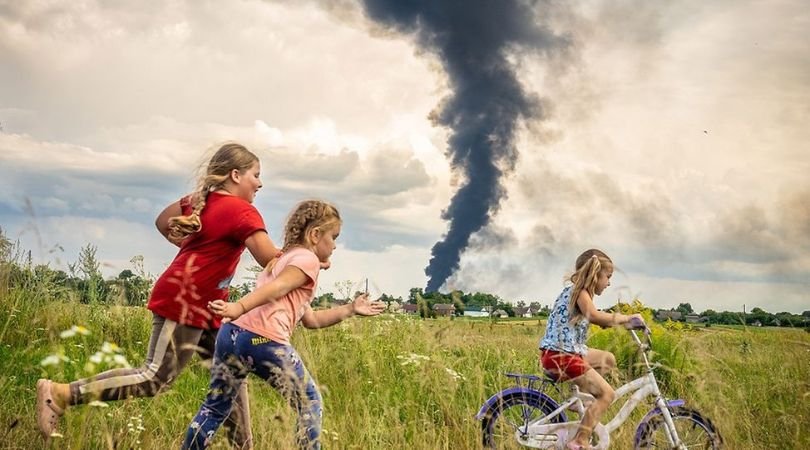In the statement of G20 leaders, adopted at the summit in Rio de Janeiro, there is only one mention of the war in Ukraine.
“Regarding the war in Ukraine, we emphasize the human suffering and the negative additional consequences of the war on global food and energy security, supply chains, macro-financial stability, and inflation. We welcome all relevant and constructive initiatives that support a comprehensive, just, and lasting peace, in accordance with the objectives and principles of the UN Charter, to promote peaceful, friendly, and good-neighborly relations among nations,” the declaration states.
The Financial Times notes that, unlike the document prepared at last year’s G20 summit in New Delhi, this year’s communiqué did not condemn Russia’s nuclear threats, nor was there a call to stop attacks on food and energy infrastructure. Some European delegations insisted on stronger wording condemning Russia after the latest mass attack. However, these demands were eventually dropped, fearing they could derail the entire joint declaration.
Avoiding harsh criticism of Russia and the lack of decisive actions in response to aggression, such as a full condemnation of the war in Ukraine, can be perceived as moral weakness and even as injustice toward the victims of the war.
When leaders of the largest countries in the world cannot or do not want to take a firm stance against the aggressor, it not only leaves the door open for the continuation of violence but also creates an atmosphere where aggression may be seen as acceptable. This can weaken global security, increasing the sense of impunity among countries that choose to use force to achieve their goals.
Ideally, world leaders should demonstrate more moral resilience and solidarity with Ukraine, as without a clear and firm stance on such matters, the world can become more unstable. However, as we see, geopolitical interests and fear of escalating the conflict often dominate over the necessity of giving a firm assessment of aggression, creating such gaps in international politics.
This situation is indeed frustrating, as many believe that the world should act decisively and without compromise when it comes to defending sovereignty and human rights.










